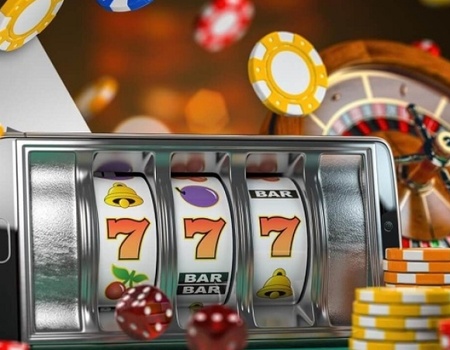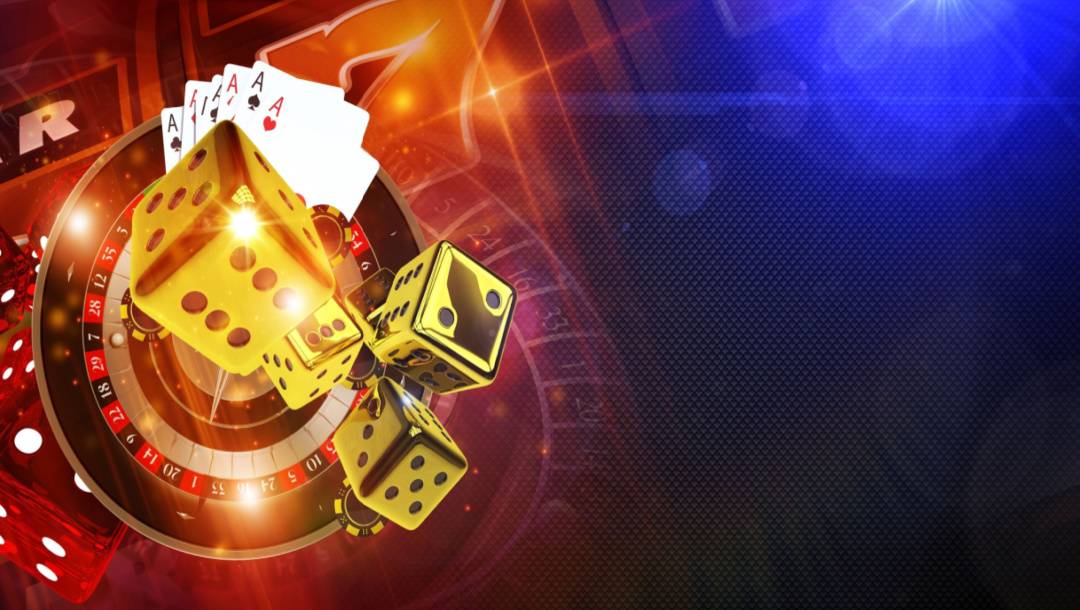
Blockchain Technology Reshaping Casino Gaming
In recent years, the intersection of technology and gaming has sparked a revolution in the casino industry. Among the groundbreaking innovations, Blockchain Technology Reshaping Casino Gaming jeetbuzz promo code provides new incentives for players, but it’s the underlying technology—blockchain—that is poised to redefine how games are played and experienced. By ensuring transparency, security, and decentralization, blockchain is changing the landscape of casino gaming as we know it. This article delves into the multifaceted ways blockchain technology is reshaping the casino gaming experience.
The Essence of Blockchain Technology
Blockchain is a decentralized digital ledger technology that records transactions across many computers. This secured and immutable ledger makes it incredibly difficult for any single entity to manipulate data without the consensus of all participants in the network. The transparency and security of blockchain have garnered attention across various sectors, including finance, healthcare, and now, casino gaming.
Enhancing Transparency
Transparency is crucial in the casino industry. Traditionally, players have relied on the integrity of gambling operators, leading to potential distrust. However, with blockchain’s inherent capabilities, all transactions are recorded and verifiable. Players can independently confirm the fairness of games, as the source code and outcome algorithms can be audited on the blockchain. This not only builds trust but also mitigates the chances of fraud, which has historically plagued the gambling industry.
Streamlining Transactions
One of the most significant advantages of blockchain technology is its ability to expedite transactions. Traditionally, players face lengthy withdrawal processes when cashing out their winnings, often waiting for days or even weeks for funds to process. Blockchain technology can facilitate near-instantaneous transactions, allowing players to access their earnings without unnecessary delays. This shift enhances user experience and satisfaction, encouraging increased participation in online gaming platforms.
Decentralized Gaming Platforms
Blockchain enables the creation of decentralized gaming platforms that allow players to engage in games and wagering without the need for a centralized authority. These platforms operate on smart contracts—self-executing contracts with the terms of the agreement directly written into code. Smart contracts automate processes like payouts and game results, which can significantly reduce costs and improve fairness. The elimination of intermediaries not only enhances the gaming experience but also increases revenue for both operators and players.
Cryptocurrency Adoption

As the world becomes more accustomed to cryptocurrencies, the casino gaming industry is keenly embracing them as a payment method. Players can deposit and withdraw funds in various cryptocurrencies such as Bitcoin, Ethereum, and others, facilitating fast and secure transactions. By allowing cryptocurrency transactions, casinos can cater to a global audience and attract players who prefer digital currencies, thus broadening their market reach.
Increased Player Engagement
Blockchain technology is also paving the way for innovative engagement strategies. Through the use of tokenized loyalty programs, casinos can reward players for their participation with blockchain-based tokens that have real value. This not only incentivizes loyalty but also allows players to trade or sell these tokens outside of the casino environment. Furthermore, these tokens can often yield additional benefits, creating a more engaging and rewarding gaming experience.
Fair Play and Game Integrity
The advent of blockchain has ushered in a new era of fairness in gaming. Players can be assured that the games they participate in are not rigged, as decentralized casinos utilize algorithms open to scrutiny. For instance, provably fair gaming is a concept where players can verify the fairness of each outcome, ensuring that results are legitimate. This level of trust is vital for long-term player retention and establishes a foundation for a fair gaming environment.
Challenges and Considerations
While blockchain technology offers numerous advantages, it’s not without its challenges. The regulatory landscape for cryptocurrencies and blockchain is still evolving, with many jurisdictions grappling with how to govern these innovations. Operators must remain compliant with local and international laws, which can vary significantly. Additionally, there is the question of scalability; as more players engage with blockchain-based casinos, the network may experience slowdowns unless addressed through technological improvements.
The Future of Casino Gaming
As the casino gaming industry continues to evolve, blockchain technology is set to play an integral role in shaping its future. With an emphasis on transparency, security, and efficiency, players can expect a more immersive and trustworthy gaming experience. Operators who harness the potential of blockchain technology will likely emerge as leaders in an increasingly competitive market. From revolutionizing payment methods to enhancing player engagement, the impacts of blockchain are profound and far-reaching.
Conclusion
In conclusion, the integration of blockchain technology into casino gaming is reshaping the industry in remarkable ways. It fosters trust through transparency, ensures security for transactions, and creates a fair gaming environment that appeals to players worldwide. As both players and operators recognize the benefits of adopting blockchain, it is likely to become a mainstay in the gaming sector. The future is promising, with opportunities for innovation and growth as casino gaming embraces the digital revolution.
